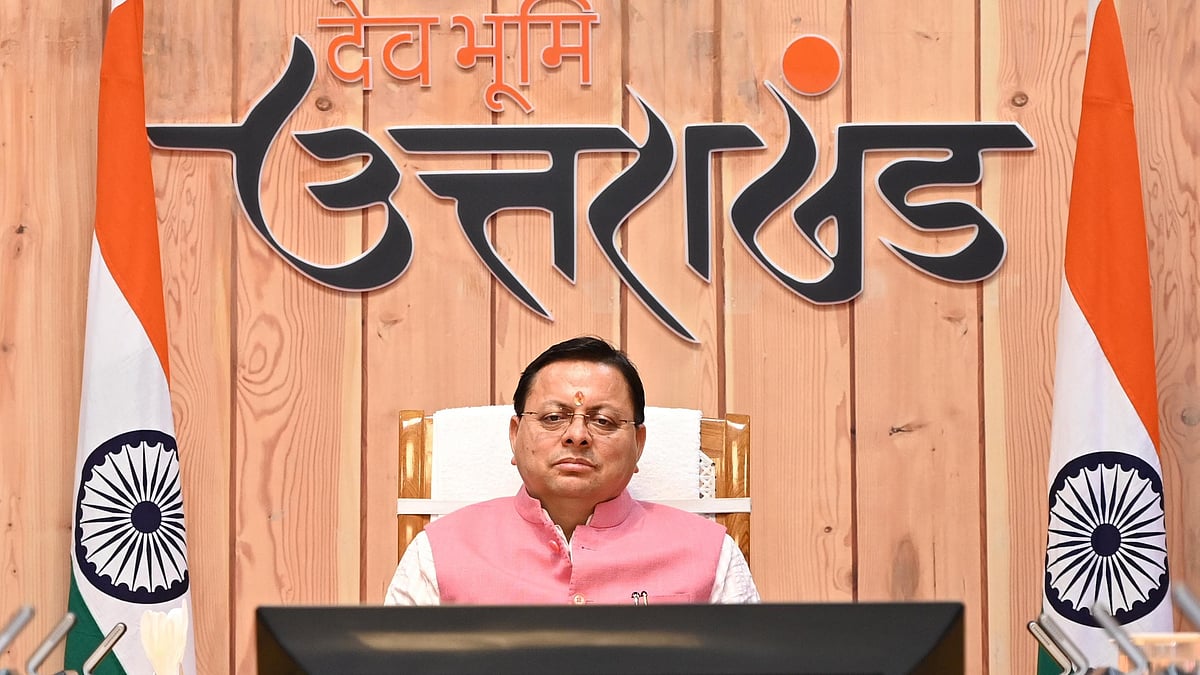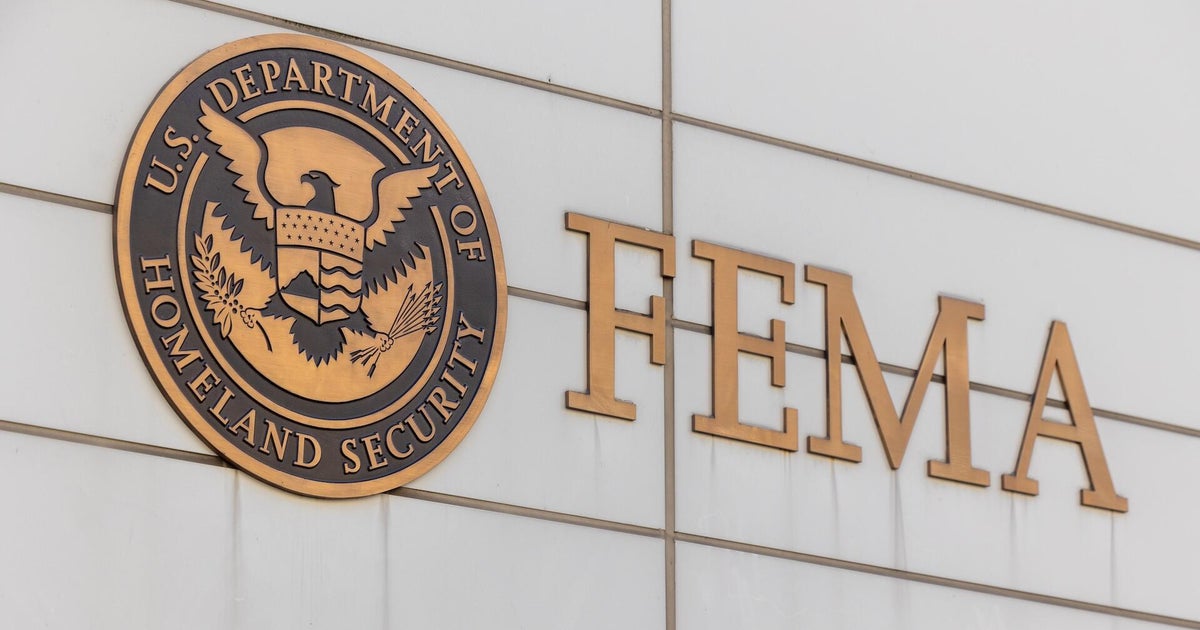Uttarakhand has been battling its worst floods in a century. On Tuesday morning, the state’s capital city, Dehradun, was battered by a cloudburst that has left over 18 dead and several missing. The disaster destroyed key roads and bridges, including the crucial link roads to Mussorie, Maldevta, and Rishikesh. Floodwaters and debris have submerged several homes and business complexes.
On Thursday morning, the district of Uttarkashi was hit by yet another cloudburst, causing severe destruction to key assets in Chamoli. Townships such as Dharali, Harsil, and Tharali stand devastated. Rivers across the state are in spate, and electricity and water connections have been destroyed throughout this hill state. With roads destroyed, provisions are running low in several towns.
The flooding of rivers is especially ominous. In Dehradun alone, about 70 percent of residents have built illegal homes on riverbeds, placing lives at risk. Given these calamities, one would imagine that Chief Minister Pushkar Singh Dhami has his hands full managing relief and rehabilitation efforts. His state has endured a string of deadly disasters in recent months.
However, right in the middle of this devastation, Dhami announced a series of legislations that many view as completely uncalled for. The timing is so inappropriate it almost makes a mockery of these amendments.
—
### Stricter Anti-Conversion Law
The first amendment relates to making the anti-conversion law more stringent. The Uttarakhand Freedom of Religion Act was introduced in 2018 and amended in 2022 to impose harsher punishments. Forceful conversion was made a cognisable and non-bailable offence, carrying a jail term of five years and a fine of Rs 50,000.
On August 13, 2025, this law was made even stricter. The jail term for forced religious conversion increased from ten years to life imprisonment. The new amendment also states that any attempt to convert a person through jobs, money, or other “gifts” will be treated as forced conversion, punishable with seven to fourteen years in jail.
Additionally, a “false promise of marriage” or hiding one’s religion with the intention of marriage could attract imprisonment ranging from three to ten years and a fine of Rs 3 lakh. Alarmingly, the amendment allows for arrest without a warrant, with bail granted only if the court is convinced of the accused’s innocence and assurance against reoffending.
The question arises: how many people have been booked under this anti-conversion law since 2018? The answer is strikingly low—less than a handful. In 2022, only two cases against four individuals were registered. One involved forced conversion to Hinduism and a subsequent forced marriage in Dehradun. The other involved an unidentified person allegedly influencing conversion online.
Given the rarity of such cases, the necessity of this fresh amendment—especially in the midst of a calamity—is questionable.
—
### Uniform Civil Code Amendment 2025
The second amendment reinforces the hill state’s reputation as a police state. The Uniform Civil Code Amendment 2025 introduces tougher penalties for those entering into live-in relationships. Now, married individuals who engage in live-in arrangements could face up to seven years in jail along with fines.
The law also criminalizes live-in relationships established through force, coercion, or fraud, with sentences up to eleven years. Shockingly, the registrar general has been granted the power to annul registrations concerning live-in relationships, marriage, divorce, and inheritance.
—
### Impact on Minority Institutions
Further, all minority institutions—including those run by Sikhs, Jains, Christians, Parsis, and Buddhists—have been ordered to seek affiliation with the state education board through a newly formed state authority or face closure. This move is surprising, as many of these schools have operated with distinction for over a century.
The underlying motive appears to be forcing these institutions to adopt the Uttarakhand School Board curriculum rather than allowing them to continue with CBSE, International Baccalaureate, or ICSE syllabi.
—
### Political Motives and Opposition Response
Critics argue that Dhami is pushing a Hindutva agenda to divert attention from his government’s administrative failures. This agenda is being promoted not only through Parliament but is unfolding even more rapidly in state legislatures.
Opposition parties view these amendments as part of a recurring pattern. Just months ago, the Dhami government undertook a renaming drive, changing the names of several places—ten in Haridwar, two in Nainital, and one in Udham Singh Nagar. Officials claimed these changes were to restore cultural heritage, but the opposition alleges that the renaming targets places linked to Islamic history, further polarizing voters and distracting from corruption allegations.
Dhami’s communal agenda aims to consolidate his vote base, showing little interest in reforms to alleviate poverty or improve the dismal state of education in Uttarakhand.
—
### Environmental Crisis and Development Concerns
The environmental disasters that have plagued Uttarakhand over the past five months have exposed the flaws in the government’s approach. No amount of flood relief can bring back the hundreds of lives lost. The devastation has severely impacted agriculture and tourism, with widespread destruction of hotels, guest houses, and critical infrastructure.
Yet, the government appears not to have learned from these disasters. Its current development model raises concerns about sustainability. The Dhami administration has now proposed a massive elevated corridor in Dehradun over the riverbeds of the Rispana and Bindal rivers to ease traffic congestion. The project, budgeted at Rs 6,200 crore, overlooks the fact that these rivers are currently flowing in full fury. Further construction on their beds risks intensifying flood impacts and could lead to the collapse of this corridor in the future.
What the state truly needs are scientific mitigation measures focused on environmental preservation—not more construction that endangers lives.
—
### Conclusion
In sum, Uttarakhand faces a multifaceted crisis: a devastating natural disaster compounded by questionable legislative priorities and an aggressive political agenda. The focus must urgently shift to effective disaster management, sustainable development, and protecting the rights and welfare of all residents.
*Rashme Sehgal is an author and independent journalist.*
https://www.freepressjournal.in/analysis/uttarakhand-floods-and-controversial-legislation-cm-pushkar-singh-dhami-faces-criticism-amid-crisis


